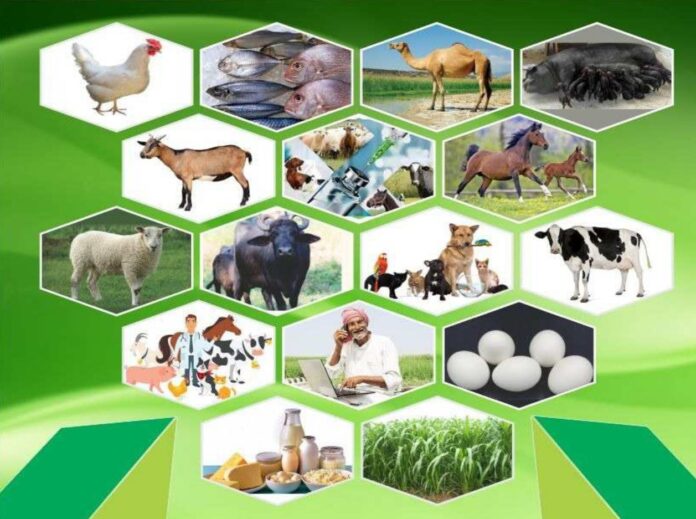Role of Goat keeping in Rural Economy
Dr. Sachin Uttamrao Raut,
Department of Veterinary Surgery & Radiology, College of Veterinary & Animal Sciences, Parbhani-431401
Goat keeping, often known as goat farming or goat rising, is an important part of the rural economy in many nations worldwide. Here are some of the most important responsibilities and contributions of goat keeping to the rural economy:
Goat keeping provides a source of livelihood and income for rural communities. Goats are relatively low-cost animals to raise, requiring less space and resources compared to larger livestock. Rural households can raise goats even with limited land and capital, and they can sell goats or their products (such as milk, meat, and fiber) for income generation.
- Poverty Alleviation:
Goat raising can help to alleviate poverty by providing chances for small-scale farmers and marginalized populations. Goats can be produced on marginal soils when other agricultural activities are impractical. They are useful for resource-constrained farmers because they can efficiently transform low-quality forages and crop wastes into lucrative products.
- Food Security and Nutrition:
In rural areas, goats provide a source of nutritious food. Goat milk and meat are high in protein, vitamins, and minerals, and they can help rural populations improve their nutritional status. Goat products are especially significant in locations where other animal protein sources are limited.
- Job chances:
Goat farming provides job chances in rural areas. It necessitates labour for tasks like feeding, watering, health care, and marketing. Increased demand for goat products, both domestically and globally, may lead to the expansion of allied sectors such as processing, packaging, and shipping, resulting in the creation of new jobs.
- Sustainable Agriculture:
Goats are well-known for their capacity to adapt to a variety of habitats and feed resources. They can graze on territory that is unsuitable for agricultural cultivation, such as mountainous hills and desert areas. Goat rearing contributes to sustainable land management and decreases pressure on agricultural land by utilizing natural grazing pastures and transforming vegetation into valuable goods.
- Fertilizer Production:
Goat manure is a valuable source of organic fertilizer. It can be used to improve soil fertility and enhance crop yields, thereby supporting agricultural productivity in rural areas. Goat farming can be integrated with crop production, creating a mutually beneficial relationship between livestock and agriculture.
- Women Empowerment:
In rural communities, goat rising frequently gives opportunity for women’s empowerment. Women actively participate in goat rearing and management, and the cash created by goat farming can increase their economic independence, decision-making capacity, and general well-being.
It is crucial to highlight that the function of goat keeping in the rural economy varies based on geographical location, cultural practices, market demand, and available resources. Nonetheless, the contributions listed above emphasize the importance of goat keeping as a profitable and sustainable agricultural enterprise in rural areas.
COMMERCIAL GOAT FARMING: A GAME CHANGER IN RURAL INDIA ECONOMY


